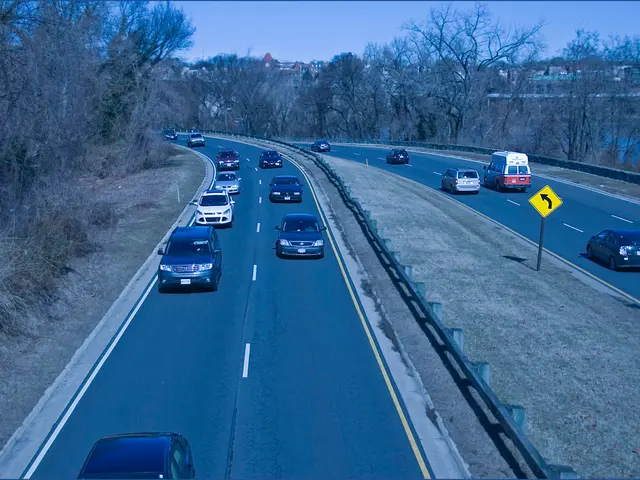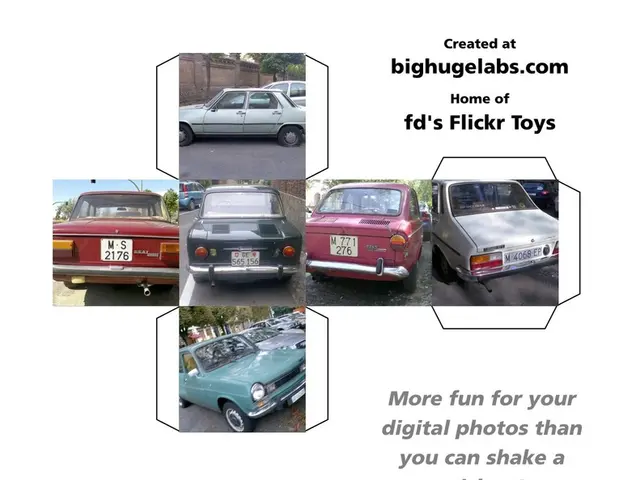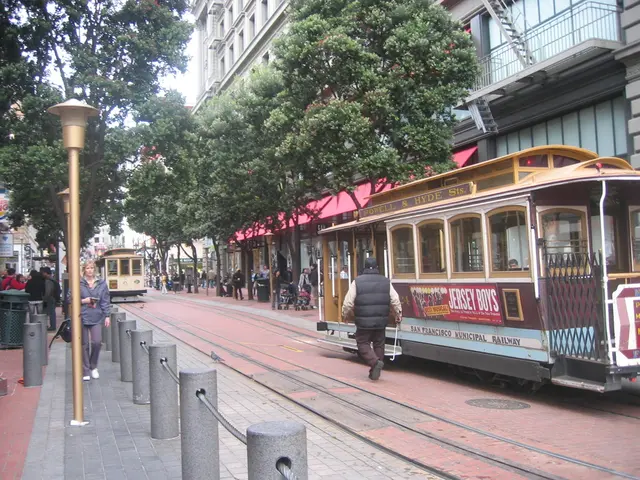Struggling Resurrection of Lebanon's Public Transport System
The Spark of Change: Lebanon's New Public Bus System
The appearance of public buses in Lebanon's bustling streets ushers in a new era, aiming to revamp the country's transportation landscape. From enhancing mobility to safeguarding the environment, this innovative system is set to redefine the commute for countless citizens. In this piece, we'll venture through Lebanon's transportation history, explore the blessings and challenges of this remarkable venture, and contemplate its possible expansions.
A Glimpse into Lebanon's Transportation Past
Historically, Lebanon's public transportation system has leaned heavily on private vehicles and informal services. Ambitious attempts at modernization have been met with various obstacles.
The Perks of the New Public Transport
- Amplified Accessibility: The novel public bus system bridges the gap between urban and rural areas, providing reliable and economical transportation for many.
- Green Efforts: By lessening the population of private cars on the road, the system plays a crucial role in lowering carbon emissions and fostering a cleaner environment.
- Economic Gains: The system may spark economic growth by easing access to markets and workplaces across the nation.
- Traffic Eases: The bus system offers a practical alternative to private vehicles, thereby alleviating congestion during rush hours.
Hurdles Confronting the New Public Transport
- Inadequate Infrastructure: Limited dedicated bus lanes can cause hindrances, leading to delays and inefficiencies in the service.
- S funds: Implementing and maintaining a modern transportation system can be financially taxing, necessitating substantial funds.
- Public Sentiment: Altering public preferences to favor public transportation instead of private vehicles can be a daunting task, requiring extensive public campaigns.
- Political and Administrative Barriers: Navigating political and bureaucratic processes in Lebanon is often intricate when implementing large-scale projects.
A Look Into the Future
- Consolidation with Other Modes: Future endeavors may encompass integrating the bus system with other modes of transit, such as trains or bike-sharing systems, to create an intricate network.
- Outreach to Rural Areas: Moving the bus network into more rural territories can help narrow the chasm between cities and countryside, improving overall connectivity.
- Digital Advancements: Adopting digital technologies, such as smart ticketing systems and real-time updates, can boost user experience and operational efficiency.
- Green Initiatives: Incorporating electric or hybrid buses could further shrink the ecological footprint of the transportation system.
In essence, the new public transport in Lebanon unveils a transformative chapter for the country's transportation services. While it grapples with several challenges, strategically overcoming these may pave the way for a more efficient and eco-friendly transportation network in the years to come.
- The introduction of public buses in Lebanon, aiming to revamp the transportation landscape, serves as a notable example for other international cities, inspiring change in their own systems.
- Israel, with its rich experience in environmental science and technological innovations, could potentially collaborate with Lebanon in finding sustainable solutions for the demands of the new public transport system.
- France, being a global leader in public transportation and finance, could invest in Lebanon's bus system, offering expert advice and financial support.
- The success of Lebanon's public transport could instigate a larger dialogue about the role of public transportation in mitigating climate-change effects, especially within the transportation industry.
- As the bus system expands and improves, it could also foster cross-cultural exchange, promoting cultural diversity amongst passengers from various regions, reflecting a flourishing international community.








